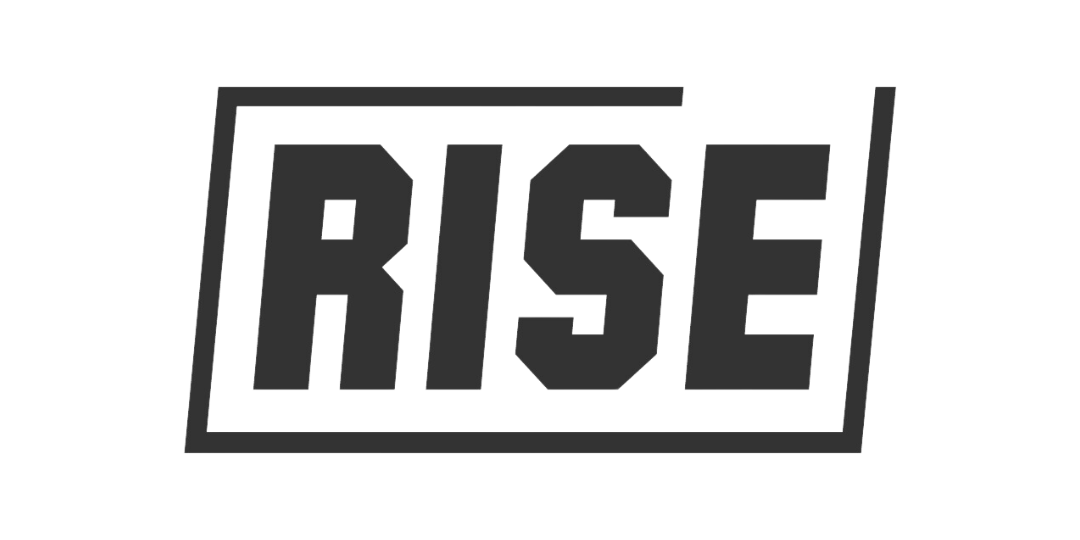Between February and April 2020, Rise surveyed more than 730 undergraduate and graduate UCLA students as part of our LA2050 campaign demanding UCLA invest $1 million in on-campus shelter for homeless students. The survey instrument was modeled on the #RealCollege Survey built by our partners at the Hope Center for College, Community, and Justice. Rise student organizers distributed the survey on social media, through existing student organizations, and by requesting faculty members share it with their students. The results underscore the need for urgent action from UCLA to ensure all students have a safe place to learn. Key findings include:
7% of respondents have slept in places not meant for human habitation (e.g. an abandoned building, car, or encampment) or in an outdoor location (e.g. street, sidewalk, or alley)
| Shine a Light Survey Participants | |
| First-Year Student | 13% |
| Second-Year Student | 16% |
| Third-Year Student | 24% |
| 4th / 5th / 6th Year Student | 19% |
| Graduate Student | 28% |
The survey shows that a relatively large percentage of the respondents reported experience of being
| Since arriving at UCLA, have you slept in any of the follow places? Please check all that apply. | |
| Campus or University Housing | 75% |
| In a rented or owned house, mobile home, or apartment (alone or with roommates) | 51% |
| In a rented or owned house, mobile home, or apartment with family | 28% |
| Sorority / Fraternity Housing | 9% |
| Homelessness indicators | |
| Temporarily staying with a relative, friend, or couch surfing until I find other housing | 16% |
| In a closed / space with a roof not meant for human habitation (such as abandoned building; car, truck or van; encampment or tent; unconverted garage, attic, or basement; etc.) or in an RV or camper | 5% |
| Temporarily at a hotel or motel without a permanent home to return to (not on vacation or business travel) | 4% |
| Outdoor location (such as street, sidewalk, or alley; bus or train stop; campground or woods, park, beach, or riverbed; under bridge or overpass; or other) | 2% |
| At a group home such as a halfway house or residential program for mental health or substance abuse or at a treatment center such as detox or hospital or in a transitional housing or an independent living program | 2% |
| In a shelter | < 1% |
| Literal homeless – shelter, outdoor location, space not meant for habitation | 6% |
| Possible unrecognized homelessness – hotel, temporarily with friend | 18% |
The HUD definition of literal homelessness includes people who have slept in a place not meant for human habitation, in an outdoor location or in a shelter. College students who are temporarily staying with a relative or friend, couch surfing or experiencing other indicators of homelessness, are not included in the HUD definition of homelessness. In our survey, the proportion reporting literal homelessness at some point in their time at UCLA was 6%. By comparison, just 0.5% of Angelenos are known to be homeless at any given time, with perhaps 2% experiencing homelessness over a 3 year period. The data indicate a clear pattern of accumulating unhousing burden over time at UCLA, with 2% reporting an episode of homelessness in the first year, rising to 9% among students in their 4th year of higher. Among graduate students, who tend to be better off overall and may not have done their undergrad at UCLA, 7% reported literal homelessness since arriving at UCLA.
Rates of possible unrecognized homelessness are even higher among Rise respondents. The proportion reporting temporarily staying with a friend/relative or in a hotel was 18% overall. When considering both literal and possible unrecognized homelessness, the survey thus found that 21% of all students answering the survey had experienced some form of unhousing in their time at UCLA. These reports also rose with greater experience at UCLA, from 8% among first year students, 25% among 4th/5th/6th years and 25% among graduate students. While not all of these reports necessarily represent an episode of homelessness, any period in which a student lacks an address or a home may expose them to financial risk, reduced academic performance and abuse. Importantly, there was a strong correlation between literal homelessness and unrecognized homelessness among individuals students, suggesting that the processes are related.
Survey Instrument: Rise collected data seeking to build a representative sample of UCLA students to respond to our survey. The full survey instrument can be found here. Rise asked students to indicate their class year (or graduate student status), their major, and whether they currently live on or off-campus, whether they know a student who has experienced homelessness, and whether they have stayed overnight in a location that would indicate homelessness. The online survey was distributed by a team of 5 undergraduate student organizers who canvassed students on campus (prior to the coronavirus outbreak) and distributed the survey on social media and through peer networks. Rise also offered an incentive for students to complete the survey by raffling off a $100 prepaid debit card.
Student Stories:
“My parents are immigrants and didn’t have experience with higher education in the United States. I am the first of four children in my family to go to college. Going into UCLA, I had no idea what to expect. I didn’t want to have to ask my parents for money since they were already struggling. I was kicked out of housing in my first quarter and subsequently spent 18 months sleeping on a friend’s couch. I only recently found affordable housing, and I was working 3 different jobs to pay rent. Now that COVID-19 has made all classes online, and I lost two of my campus jobs, I’ve moved back home with my parents. I feel like I’m a burden upon them, but I can’t afford rent. UCLA needs affordable housing.” – Jessica, 3rd year Music Education major
“During the regular school year, I work close to full time as well as take 12-19 units. Sometimes sleep would be a privilege as I would rather skip sleep than worry about where I’d be sleeping for the night. Amidst the COVID-19 crisis, I thankfully found refuge for the time being, but even then, wifi connectivity issues alongside having proper resources to complete homework workload have become a big stressor. I am a proud Bruin, but I also think the school should be able to provide emergency housing for at-risk students. My friend herself approached UCLA and they offered two weeks of free housing. After those two weeks, she went back to living in her car. Such issues are swept under the rug, and it shouldn’t be that way. Sleep and a roof over one’s head shouldn’t be optional, but they are.” – Amy, 4th year History major
“I first started UCLA in the summer of 2016 when I participated in their freshman summer program to get a head start. Already coming from a low-income background where I’ve experienced homelessness at a young age, a month into joining the summer program my family got evicted from the only home we had ever known: a small, government-funded “project” apartment. So even though I had on-campus housing for that summer, fall, winter and spring of my first-year, I resorted to couch hopping during the weeks of breaks in which UCLA forced us out of our own homes by disabling our keycards and locking the doors/windows behind us. Winter break was the worst as it was the longest. That whole month of being forced out of my dorm– the only place I could store my belongings besides the bag I carried with me– really forced the survivor out of me in extreme circumstances. After my first-year I had no other option than to get an off-campus apartment since they were cheaper than dorming, despite costing as much as a house. In fact, the houses that were occupied were the frats and sororities who fit a hundred people into 15 rooms (and two storage closets, plus the garage, of course). I have never been able to depend on campus housing or any type of “student housing” for that matter because they are all overpriced monopolies. During my second year and third year I moved around from 2 apartments of my own and a couple of friends couches in between. As a fourth year, I live with my high school friend’s family and my commute to school was over an hour–before quarantine of course. I have always and will always specifically advise anyone going into college or looking at colleges to always consider the living arrangements, because UCLA fails in that category. As the #1 public university, it’s been extremely disappointing to have to constantly be working just to afford to say I go to UCLA. My entire undergrad experience was impacted by the fact that I had to work 2-3 jobs at the same time just to have a roof over my head and be able to go to school; the saddest part is how many instances I didn’t have a roof over my head and my circumstances prevented me from being able to go to school sometimes.”
-Hannah, 4th year Political Science major

